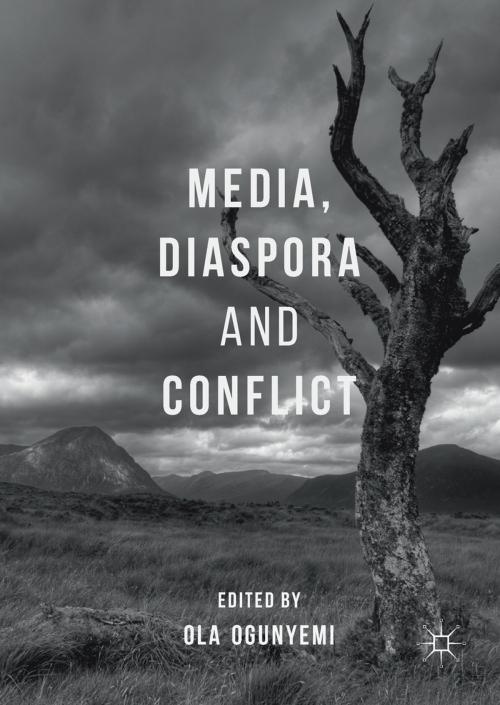Media, Diaspora and Conflict
Nonfiction, Social & Cultural Studies, Social Science, Cultural Studies, Emigration & Immigration, Political Science| Author: | ISBN: | 9783319566429 | |
| Publisher: | Springer International Publishing | Publication: | September 4, 2017 |
| Imprint: | Palgrave Macmillan | Language: | English |
| Author: | |
| ISBN: | 9783319566429 |
| Publisher: | Springer International Publishing |
| Publication: | September 4, 2017 |
| Imprint: | Palgrave Macmillan |
| Language: | English |
This edited collection argues that the connective and orientation roles ascribed to diasporic media overlook the wider roles they perform in reporting intractable conflicts in the Homeland. Considering the impacts of conflict on migration in the past decades, it is important to understand the capacity of diasporic media to escalate or deescalate conflicts and to serve as a source of information for their audiences in a competitive and fragmented media landscape. Using an interdisciplinary perspective, the chapters examine how the diasporic media projects the constructive and destructive outcomes of conflicts to their particularistic audiences within the global public sphere. The result is a volume that makes an important contribution to scholarship by offering critical engagements and analyzing how the diasporic media communicates information and facilitates dialogue between conflicting parties, while adding to new avenues of empirical case studies and theory development in comprehending the media coverage of conflict.
This edited collection argues that the connective and orientation roles ascribed to diasporic media overlook the wider roles they perform in reporting intractable conflicts in the Homeland. Considering the impacts of conflict on migration in the past decades, it is important to understand the capacity of diasporic media to escalate or deescalate conflicts and to serve as a source of information for their audiences in a competitive and fragmented media landscape. Using an interdisciplinary perspective, the chapters examine how the diasporic media projects the constructive and destructive outcomes of conflicts to their particularistic audiences within the global public sphere. The result is a volume that makes an important contribution to scholarship by offering critical engagements and analyzing how the diasporic media communicates information and facilitates dialogue between conflicting parties, while adding to new avenues of empirical case studies and theory development in comprehending the media coverage of conflict.















